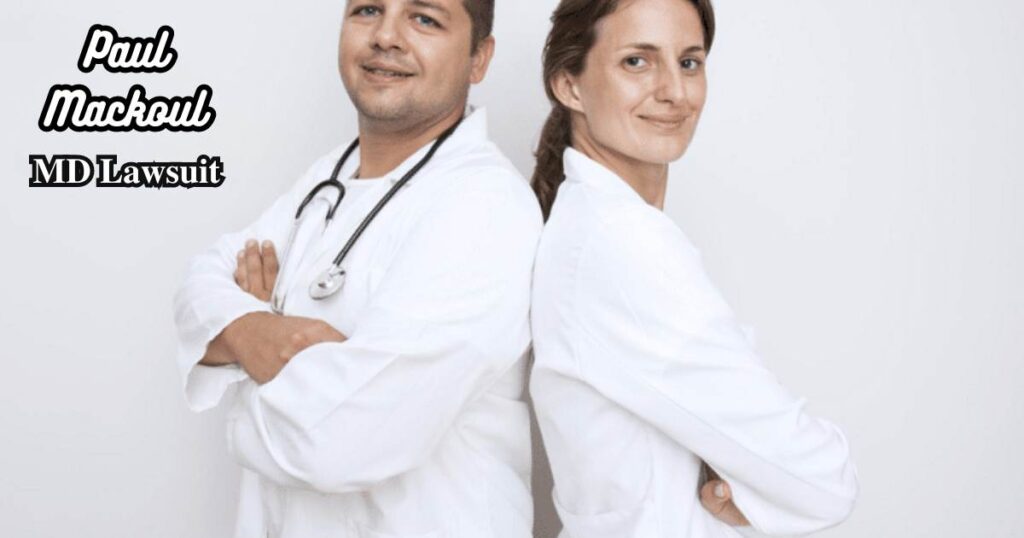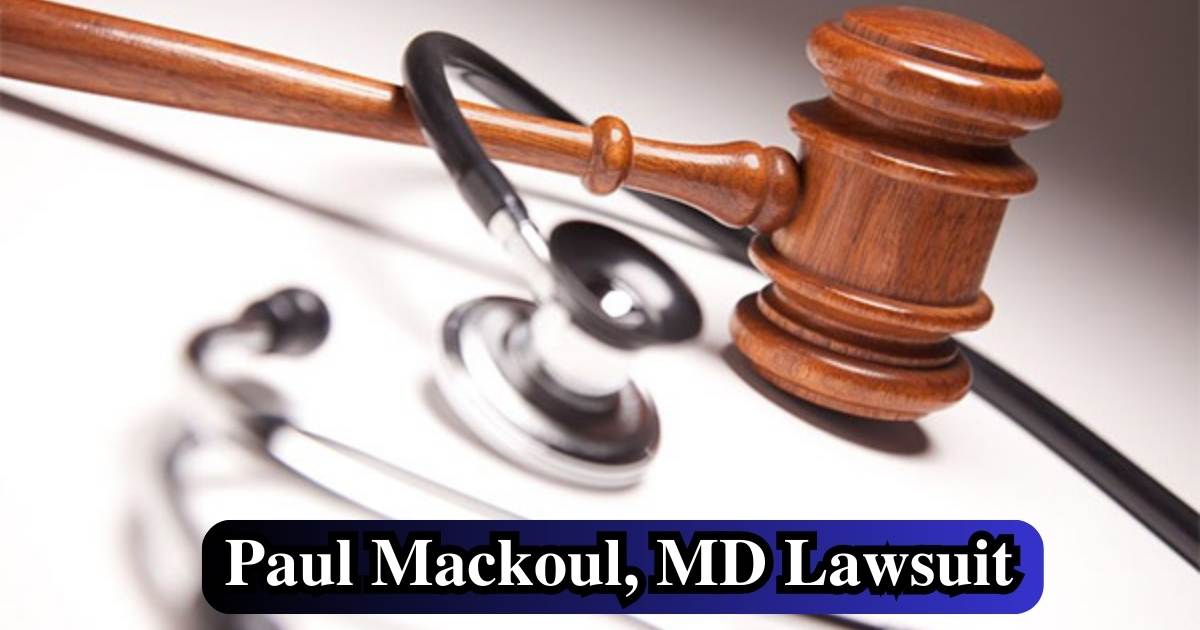In the vast and intricate world of healthcare, the distinction between myth and reality often blurs, especially when legal battles enter the public eye.
The lawsuit against Dr. Paul Mackoul, a prominent figure in gynecologic surgery, serves as a prime example.
Amid swirling rumors and sensational headlines, it’s imperative to anchor our understanding in verified facts and evidence.
This comprehensive blog post aims to dissect the Paul Mackoul, MD lawsuit, separating misinformation from truth and shedding light on the implications for healthcare providers and the medical system at large.
Introduction to the Paul Mackoul, MD Lawsuit
The legal entanglements involving Dr. Paul Mackoul have captured widespread attention, not only due to Paul Mackoul’s esteemed position as a surgeon and physician but also because of the potent mix of allegations and speculation.
At the heart of the controversy are claims of malpractice, medical negligence, and the legitimacy of the plaintiff – assertions that have not only impacted Dr. Mackoul’s reputation but also the trust inherent in the patient-care provider relationship.
This exploration seeks to delve beyond the surface, offering clarity and context to an audience seeking truth amidst the cacophony of claims.
Myth 1: Dr. Mackoul is guilty of malpractice
Malpractice implies a departure from standard medical practice, leading to harm. Critics argue that Dr. Mackoul has been guilty of such misconduct.
A critical examination reveals a more nuanced reality. Malpractice accusations demand concrete evidence, something that, upon review, remains conspicuously absent in Dr. Mackoul’s case.
- Fact Check: Despite the swirling rumors, there is no substantiated evidence that Dr. Mackoul has deviated from the high standards expected in gynecologic surgery. His extensive record of successful procedures stands in stark contrast to the allegations.
Myth 2: Dr. Mackoul has a history of medical negligence
Negligence in medicine refers to care that falls below the accepted standard, potentially leading to adverse outcomes.
The narrative that Dr. Mackoul harbors a history of such negligence has gained traction without a firm foundation in documented evidence or legitimate complaints.
- Reality Check: An in-depth look into Dr. Mackoul’s professional history reveals a commitment to patient safety and adherence to best practices in healthcare. Negative outcomes in medical procedures, while unfortunate, are not inherently indicative of negligence, a distinction critical to understanding the nuances of medical care.
Myth 3: The lawsuit was filed by a legitimate patient
The authenticity of the plaintiff has been a focal point of contention. Speculation abounds regarding the legitimacy of the patient involved and the validity of their claims against Dr. Mackoul.
- Evidence Examination: Scrutiny of the lawsuit reveals inconsistencies and questions regarding the plaintiff’s credibility. The definition of a “legitimate patient” extends beyond mere claims and necessitates a direct and verifiable relationship with the healthcare provider in question, an aspect that remains dubious in this scenario.

The Truth Behind the Lawsuit: Evidence and Facts
Sifting through the layers of accusation and counterclaim, the evidence surrounding the lawsuit against Dr Paul Mackoul emerges as less damning than initially portrayed.
An evidence-based approach reveals:
- Lack of Malpractice Proof: No concrete legal findings have concluded that Dr. Paul Mackoul engaged in malpractice.
- Absence of Negligence History: Comprehensive reviews and patient testimonials fail to substantiate claims of recurring negligence.
- Questionable Plaintiff Legitimacy: Discrepancies in the narrative surrounding the plaintiff’s relationship with Dr. Mackoul cast doubts on the foundation of the lawsuit.
Impact of False Accusations on Medical Professionals
The repercussions of unfounded accusations extend far beyond the individual healthcare provider, affecting the broader medical community and patient trust.
For professionals like Dr. Mackoul, such allegations can lead to:
- Reputational Damage: Unjustified claims can irreparably tarnish a healthcare provider’s professional standing.
- Psychological Stress: The emotional burden of defending one’s integrity and competence can be overwhelming.
- Erosion of Patient Trust: Baseless accusations contribute to a climate of doubt and fear, potentially deterring individuals from seeking necessary medical care.
Final Thoughts
The saga of the Paul Mackoul lawsuit underscores the critical importance of discerning fact from fiction in legal matters, especially those entangled with the healthcare sector.
Misinformation and rumors can not only unjustly mar a professional’s reputation but also erode the foundational trust between patients and healthcare providers.
As we navigate the complexities of such legal battles, let us commit to a principled reliance on verified facts and evidence, ensuring that justice is served in the truest sense.











